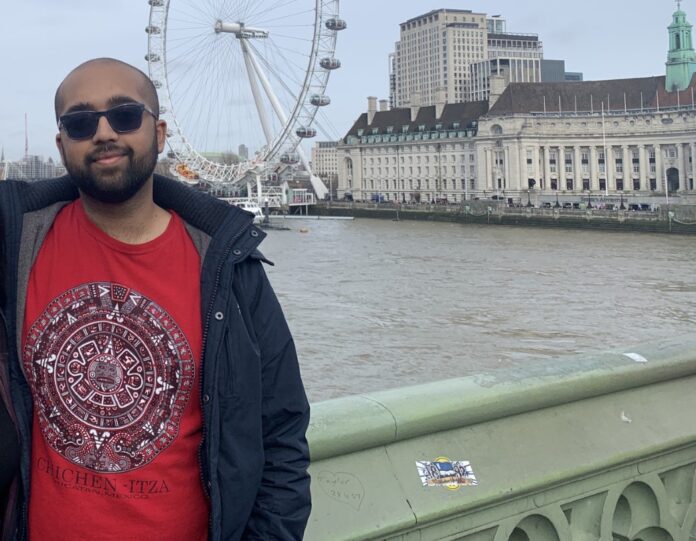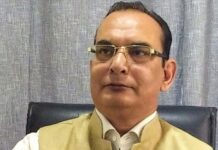By Sujay Utkarsh
As a man, I do not like speaking on behalf of women, especially when it comes to their issues. With that being said, the article, “Reader Blasts Article on Hindu Women, Says They Can be Gentle and Nurturing But Also Fierce When Required”, was a piece that is full of logical fallacies and projections that ignores the reality of the situation of women in India.
The aforementioned article, written by Rajeshwari Godbole, fails on every front as a true rebuttal to the original article. The original article written by Jaya Vatsyayan, while very fiery, impassioned, and admittedly lacking in sources to back up its claims, paints the oppression of Indian women in the toxic patriarchal system that defines the country’s culture and institutions.
Godbole argues that this doesn’t exist simply because she did not experience this. Though she tries to sympathize with the women who are being genuinely oppressed, she still paints her experience as one that encompasses the experiences of the majority of women. In one baffling paragraph, she also contends that India has a rich history of respecting women simply because there are some deities such as Saraswati.
The reality of Indian women couldn’t be farther from her portrayal. According to one United Nations report, 95% of women surveyed in Delhi felt unsafe walking in public spaces. Another survey shows that more than half of women have had unsafe experiences in public. A G20 summit report from 2012 shows that India was ranked the worst out of the G20 countries when it came to providing policies to promote gender equality, safeguarding women against violence, and promoting access to healthcare for women, ranked below Saudi Arabia. This report came out the same year the brutal Nirbhaya rape case was dominating news headlines around the world. India was ranked the worst in the world by global experts on these issues again in 2018. This is all excluding the horrific statistics regarding sexual violence against women, which is among the worst in the world with one rape every 20 minutes.
Godbole also engages in whataboutism by arguing that women are mistreated in “Western” countries and that India has elected women into positions of power. While these points are true, it doesn’t change the fact that India is a far worse place for women than any country in the West. The data from experts and international organizations referenced above proves this point. In addition, many countries throughout the world have elected women to positions of power, such as Angela Merkel in Germany and Benazir Bhutto in Pakistan. The same goes for the appointment of women scientists. In 1961, Katherine Johnson, a Black mathematician for NASA, calculated the trajectories for the first major astronaut flight in space, decades before the Mangalyaan mission.
There are going to be many like Rajeshwari Godbole who may consider the original article from Jaya Vatsyayan decrying the misogyny present in Indian society to be too extreme. But those individuals do not live in reality. The reality is that India systematically marginalizes women. The data shows this. Anecdotally, all of my own Indian peers, be it men or women, also feel this way about India. Even in America, many of my Indian-American friends who are women experience misogyny at the hands of their parents and even abuse for being a daughter and not a son.
There is nothing to be proud of when it comes to the treatment of women in Indian society. No amount of preaching about Hindu goddesses or projecting personal experiences onto the majority will change that. Hinduism is a beautiful way of life that emphasizes equal treatment and respect. It is our obligation as Hindus to ameliorate the marginalization and oppression of women in society rather than ignore its existence.
(Mr. Utkarsh is a master’s of science graduate student at Carnegie Mellon University studying international relations and politics. He completed his undergraduate degree in economics and political science from there as well, focusing on public policy and quantitative methods. He is from Lexington, MA.)














